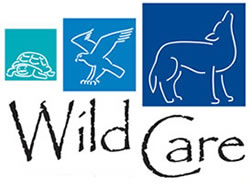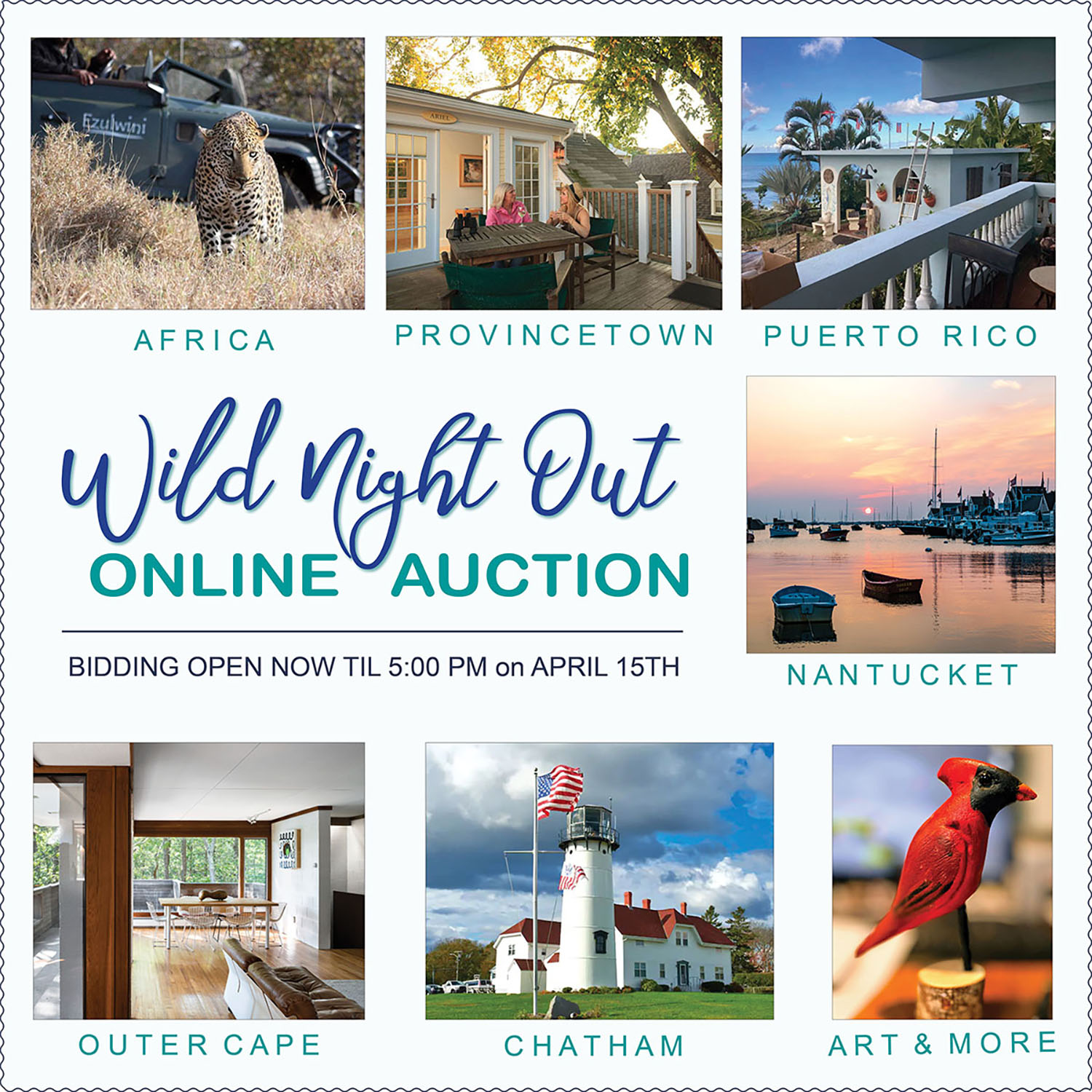Rodenticide: Some Squirrels Survived
By Jennifer Taylor, Animal Care Coordinator
Last week I received an email thanking me for Wild Care’s help almost a year ago. It is a wonderful feeling to successfully guide people through a crisis. A woman named Helen had called Wild Care last January. She was distraught and very concerned about the squirrels who were acting sick in her yard. She witnessed one of them eating a blue packet. She also found a dead squirrel with blue material near it. She learned that her neighbors had put poison out to control a vermin problem.
I told her about rodenticides and how they work, and advised her to talk to her neighbors. She said they were nice people with pets and a baby. After speaking to them about the poison making the squirrels sick and pointing out that their pet cat was very interested in these squirrels, the neighbors felt terrible and collected all the bait boxes that had been put out.
Pictures of the poison were sent to me so I could identify it. There are different types, and this type was difethialone which is a type of anticoagulant (blood thinner). It will kill in just one feeding. The animal will bleed to death. Each tea bag sized packet weighs only 10 grams and this product is readily sold in 16 pound buckets online.
Well, long story short, I spoke to an expert on rodenticide poisoning, Dr. Maureen Murray at the Tufts Cummings School of Veterinary Medicine. She has been studying the effects of rodenticide on wildlife for years. Dr. Murray said with difethialone, if the squirrels were still alive a few days after ALL of it was truly removed from their territory, they would most likely survive but that the poison would still be stored in their liver.
With this information Helen monitored the squirrels every day for several weeks. She was swooped by a hawk aiming for a squirrel, reminding her of how this poison will go right up the food chain. It was heartbreaking for her to watch as the squirrels would leave blood behind on her stone benches. But slowly (with fingers crossed) she watched them get stronger day by day and a year later Helen has her squirrel friends still roaming in her yard. Thank you Helen for caring.
Please think more than twice about using rodenticides. Non-target wildlife is often affected just as these squirrels were. Natural predators like coyotes, foxes, weasels, owls and hawks who eat poisoned rodents will also be poisoned. That defeats the purpose.
Click Here for a helpful and informative link from the Humane Society of the United States.
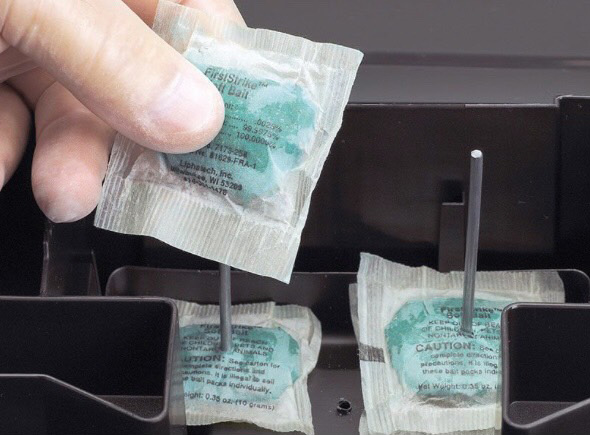
Bait Used
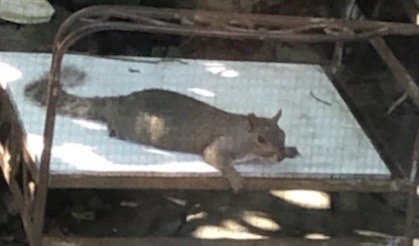
Ailing Squirrel
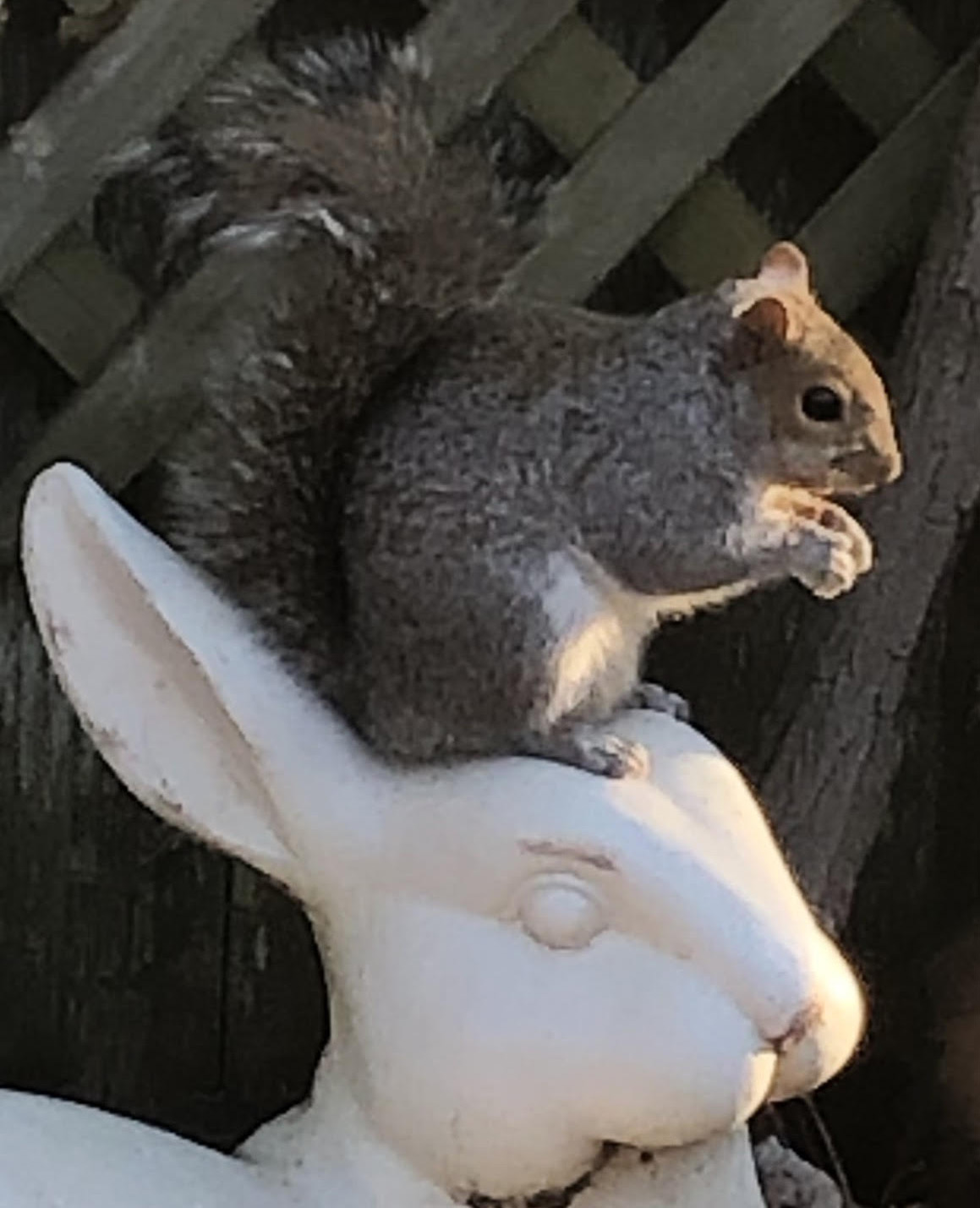
Recovered Squirrel
Wild Night Out Online Auction
READY, SET, BID… We are so excited to announce that our Wild Night Out Online Auction is now live!
READ ALL NEWS
CALENDAR OF EVENTS
04 April, 2024
Wild Night Out Online Auction
EVENT DETAILS
05 April, 2024
Wild Night Out
EVENT DETAILS
28 February, 2024
Wildlife Winter/Spring Talk Series
EVENT DETAILS

DID YOU KNOW??
Wild Care has a state-of-the-art seabird therapy pool, which allows seabirds and waterfowl to exercise on running water. This will help our bird friends recover more quickly so they can get back to their watery habitats!
